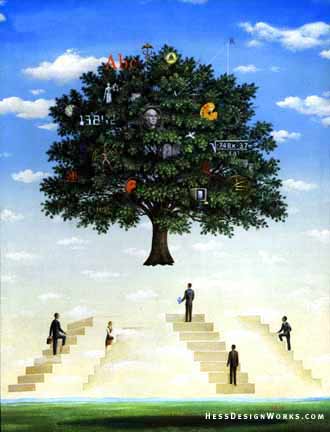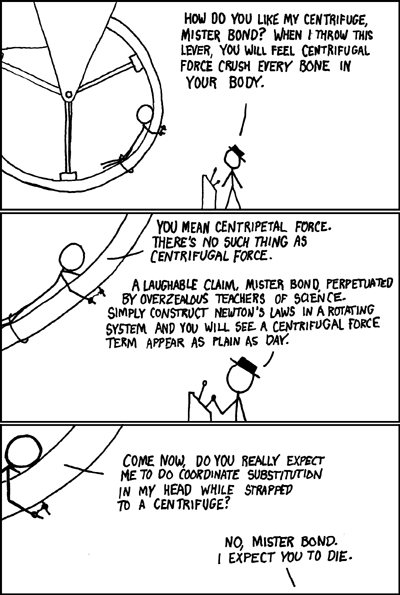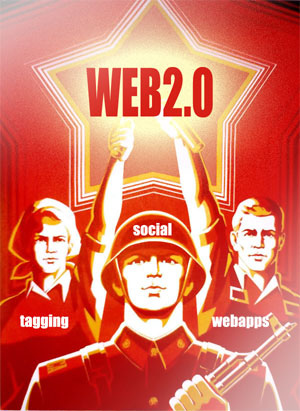 Starting out after college is like a rebirth. After everything one has worked for in their 16+ years of education, 'the real world' is truly starting anew. As much as we think we learn during years of living with the parents and at college, there's so much that is new and different and yet to be experienced. This has no doubt been the case for myself these past months. In many ways it can be compared to our first coming into the world, but one parallel stands out as a tragic commonality.
Starting out after college is like a rebirth. After everything one has worked for in their 16+ years of education, 'the real world' is truly starting anew. As much as we think we learn during years of living with the parents and at college, there's so much that is new and different and yet to be experienced. This has no doubt been the case for myself these past months. In many ways it can be compared to our first coming into the world, but one parallel stands out as a tragic commonality.According to Christian tradition, man is brought into the world tainted with sin. This 'original sin' is the remnant of Adam and Eve's decision to give into temptation against the request of God. Adam and Eve choose to take a bite of an apple that grew from the Tree of Knowledge, which opened their souls to the capacities of evil. Religious types believe that this decision permeates each and every one of us, as we are all decedents of Adam and Eve. When we are born, we are already shadowed by this sin, despite being only capable of limited consciousness.
For many of us, the second rebirth of entering 'the real world' is also coupled with an 'original sin'. Because we all took a bite of the apple from the tree of knowledge that is America's collegiate system, we are doomed to decades of suffering. The sin of which I speak is of course, student loans.
Some of us took bites from the collegiate apple because of personal temptation and desire, while others only did so because of the demands of society and the economy. For any reason, those not so fortunate to have indulgences paid for by their parents are subjected to loan repayment for any number of years following their birth into real world.
Entering the real world carrying the weight of tens of thousands of dollars in debt is frustrating- particularly so in this age of intense competition for limited jobs. I graduated in early June, and for six months I have struggled to find a job. Even with a masters degree, it has been a struggle to become employed. Employed or not, I have to start repaying college loans now. I made my first payment yesterday. I'll continue making payments every month for the next ten years.
This original sin of ones' rebirth serves only to slow us down- especially in these early times of being a recent graduate. Having to pay a few hundred dollars a month toward my education loan keeps me from turning the heat on in my apartment as often.
I find it frustrating that we pay to go to college with the outlook that a university education will get us a 'good' job. Even though it hasn't provided any employment, I'm required to pay for it. Is there a customer service desk somewhere? I'd like a refund.
Realistically, it's common thought to believe that college costs too much, particularly when higher education is free (or close to it) it many other western countries. At the rate that tuition has been rising, I consider myself lucky to have matriculated when I did. Not only was tuition lower then, but I also started my higher education when the economy was down a few years ago, meaning I had a lower interest rate as well.
I checked into deferments on the Department of Education website. It is possible to extend the loan for a while if you're unemployed. However, there isn't a way to defer if you're underemployed. That's the real trick- I couldn't last being completely unemployed. How would I put food on the table or a roof over my head? But at the same time, that doesn't mean that I make enough to dedicate a few hundred dollars a month to repay a loan. Repayment should be held for 24-48 months after graduation so that a former student can find a solid job with a sufficient wage before having to repay loans.
It's hard not to feel that the serpent of society has tricked me into committing a sin while I remain unemployed. If the scourge of student loans is the modern equivalent of original sin, I best start praying.



















